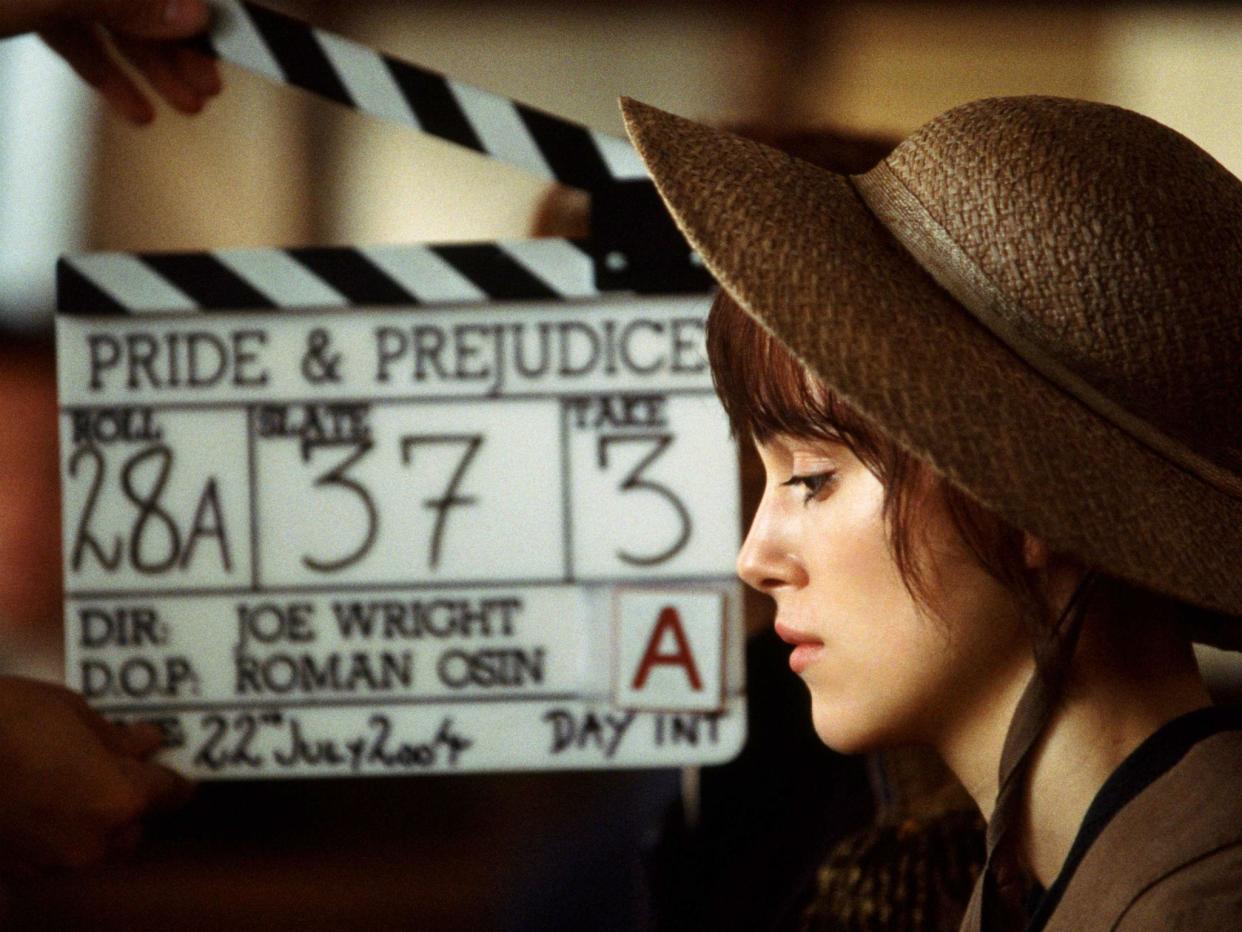This is why Keira Knightley is right about rape scenes in Hollywood

Keira Knightley has made an astute point about Hollywood rape culture – at just the right time.
The actor told Variety “I don’t really do films set in the modern day because the female characters nearly always get raped. I always find something distasteful in the way women are portrayed, whereas I’ve always found very inspiring characters offered to me in historical pieces. There’s been some improvement. I’m suddenly being sent scripts with present-day women who aren’t raped in the first five pages and aren’t simply there to be the loving girlfriend or wife.”
This explains a string of historical films in Knightley’s wake, from Pride & Prejudice, The Imitation Game and Anna Karenina to A Dangerous Method and King Arthur. She has, with the exception of a certain Christmas film and pirate franchise, chosen to portray noble, strong women from the past rather than participate in the spectacle of rape as a plot device. For this, I can only applaud and admire her.
And she’s done it again. Knightley is currently doing press rounds for her role in the movie Colette, where she plays the legendary French novelist. Here, she has chosen an intellectually exciting, sexually liberated, fascinating historical figure who is wronged by her husband (he tried – and succeeded for a short while – to claim her work as his own).
Despite the fact that directors have apparently been trying to get the film funded for more than a decade, it makes sense that it should be released during the #MeToo movement. It is a story of a salacious feminist who owns her sexuality, produces great work, yet finds herself being exploited by the man closest to her for a short time – until she breaks free.
Knightley’s decision to eschew Hollywood’s predilection for sexual assault plotlines is interesting to me for a few reasons. One, we are in the middle of a huge reckoning in terms of real-life rape and sexual assault in Hollywood – yet, as she points out, we have been comfortable watching fictional stories of assault for a long time, nearly always told and directed by men. It's almost a rite of passage for a female actress to play a character who is assaulted and yet we are only now hearing, acknowledging and validating real-life experiences.
It concerns me that we have felt so comfortable using rape as a plot device, all the while allowing it to happen on set, in hotel rooms, in homes, in bars and on streets.
Secondly, I take interest in any actor with the agency and resolve to turn down roles for moral reasons (of course, she is in a position of privilege and a level of fame where she can afford to do so). It is how I would like to think I would behave, if I were an actor – which I very nearly decided to be.
My mother, grandmother and grandfather were all actors, so it seemed almost pre-ordained. My mum tells the story of a play she did at university where she had to – rite of passage – play a rape victim and the attack actually took place on stage. Her father saw the performance and was so disturbed, he left the theatre. In recent months, I’ve thought about that story often: a teenager required to live out the rape fantasy of a no-doubt male playwright attempting to give “nuance” to a female character. It is a trauma bestowed on many actors as they try to make a name for themselves – I shudder to think how many of them feel an awful deja vu.
How often have the real-life victims of sexual assault had scripts delivered to them with scenes that mirror their own experiences? How many have been in Knightley’s position to turn those roles down? And how influential has the fictional depiction of rape and assault been in condoning the off-camera behaviour of some of the industry’s most powerful men?
The portrayal of women on screen matters. Keira Knightley has given us strong, genuinely nuanced characters to strengthen our resolve against Hollywood’s rape culture and for that, I can only thank her.
Kate Leaver is the author of 'The Friendship Cure' (published by Duckworth Overlook on 22 March)

 Yahoo News
Yahoo News 
